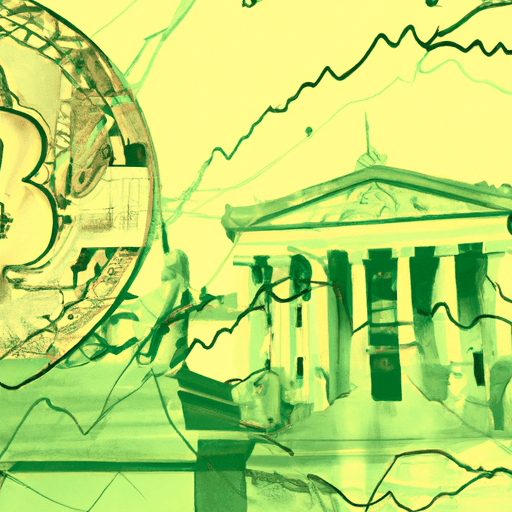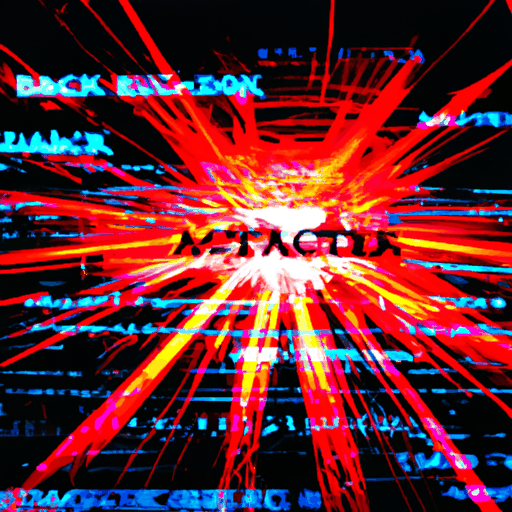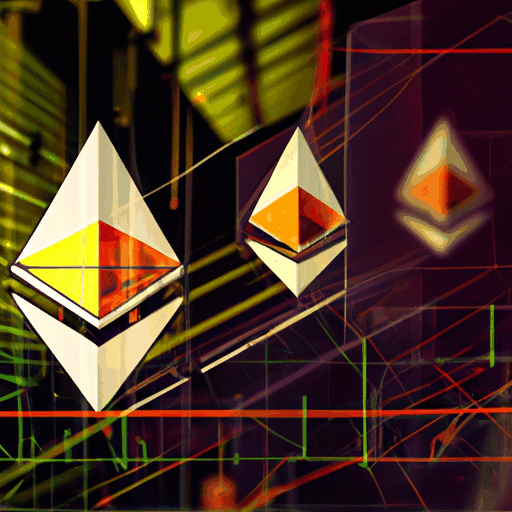
Understanding the Role of Safe Harbor in DeFi and NFT Development
By: Eliza Bennet
The concept of 'Safe Harbor' is becoming increasingly relevant in the crypto world, particularly concerning decentralized finance (DeFi) and non-fungible tokens (NFTs). Recently, influential entities such as Andreessen Horowitz (a16z) and the DeFi Education Fund have actively advocated for a Safe Harbor program to be implemented by the U.S. Securities and Exchange Commission (SEC). This initiative aims to provide developers of DeFi and NFT applications a regulatory playground, thereby shielding them from stringent broker-dealer registration requirements.
The proposed Safe Harbor framework argues for a structured regulatory approach to facilitate innovation within the U.S. without bogging down developers in outdated legal frameworks. For developers, this means more freedom to create and deploy decentralized applications while maintaining a degree of regulatory oversight that ensures consumer protection. The advocates emphasize that such regulatory clarity is crucial as it defines how developers can use user interfaces to interact with smart contracts and manage user assets without becoming subject to broker-dealer regulations.
This push for a regulatory Safe Harbor emerges against the backdrop of heightened regulatory scrutiny over crypto operations, spurred by cases like the conviction of Tornado Cash's co-founder. As the conversation around crypto regulations heats up, the call for adaptive and progressive policies gains urgency, with the hope that these will foster an environment conducive to innovation rather than inhibition.
For investors and developers, understanding the implications of Safe Harbor is essential as it represents a potential inflection point in the regulatory landscape. Should it be implemented, Safe Harbor could substantially enhance the developmental and operational environment for blockchain-based applications, bolstering a secure and flourishing ecosystem.



